Editor’s Note:
The restoration industry is always evolving and changing. Businesses seem to come and go at a pretty fast pace, both independent companies and franchises included. Many entering the industry question whether they should start something fully on their own, or buy into a franchise system. This annual article from R&R gets answers to many of the franchise vs. independent questions straight from contractors on both sides.
See an additional franchise point of view, in addition to the one within this Q&A, in the Restorer’s Perspective column in this issue!
Share the story of your company
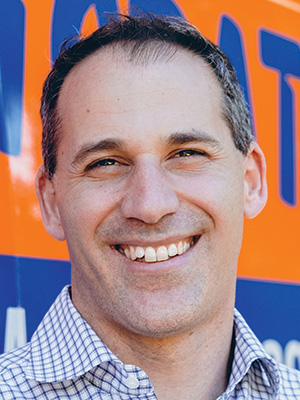
Idan Shpizear
Founder | 911 Restoration Franchise
I moved to Los Angeles from Israel 20 years ago and started out in the carpet cleaning business. We eventually transitioned into restoration and when we started franchising nationally, we focused on creating a strong and uplifting support system for our franchisees and clients. We continue to prioritize a very strong marketing strategy while always keeping the focus on giving our clients a Fresh Start. Our goal is to give our clients the best customer experience possible while building a support system for our team and franchisees.
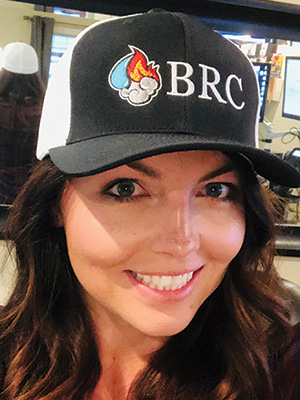
Nicole Humber
Owner | Bravo Restoration
I purchased the company from the previous owner in a stock sale transaction back in 2016. The company was managed in a way that didn’t make the transition very easy. We ended 2016 with a loss of $850k+ and advice from lawyers and consultants to find a way to sell the company. Fortunately, I was naive to business ownership and didn’t take giving up as an option. Through the hurdles of taking over a company with not only a loss of income but lawsuits as well, I used the advice of my lawyers, my consultants, and the end of the day my gut to make it through what most don’t see in their entire time of owning a business. We developed processes for operations, sales and most importantly hiring which allowed me to finally get a core group of individuals that live and breathe the values of Bravo. We have a phenomenal culture with an amazing team, raving fans, and above average profits.
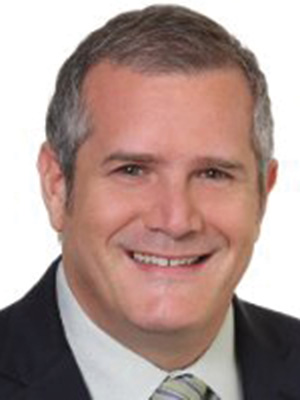
Jeffrey Gross, CR, RTPE
Chief Operating Officer | Maxons Restorations
Max Gersh born in the early 1900s was always in the cleaning business. As a student, he delivered wet-wash through the streets of Manhattan by horse & buggy (wet wash was the original laundry service where they washed your clothes and returned them damp for you to hang-dry on your line.). Getting a degree in chemistry, Max started a cleaning service as a leased operation out of a department store where he had a counter and offered carpet, upholstery and drapery cleaning called “Services for the Home. After a few years and handling a few fire damage cleanings, the business became “7/24 Restoration Services”. In his later years, Max opened up Maxons with his son Damon Gersh upon his graduation from college. Damon has been the CEO of Maxons for the last 30+ years and has grown the company to four offices and over $20 million in annual revenue.
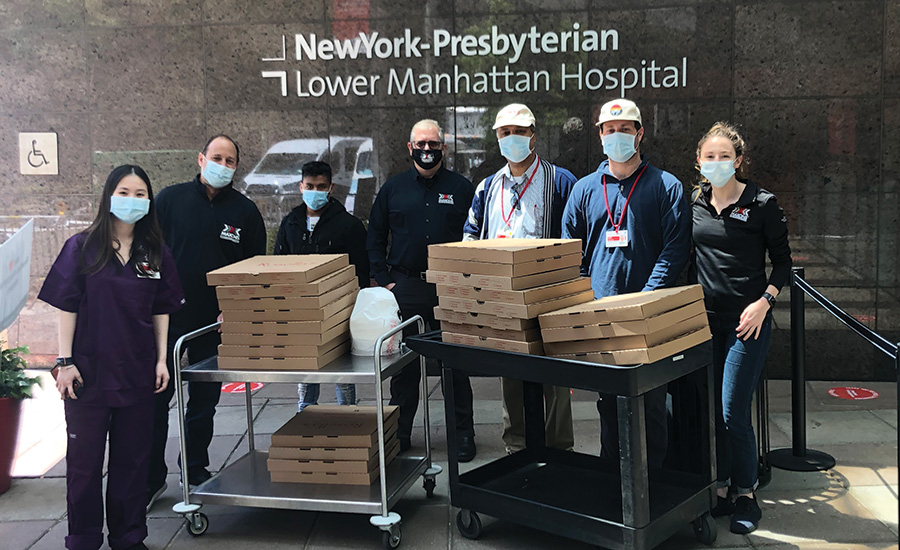
2. What do you see as the benefits to doing business your way – either as part of a franchise or independently?
Shpizear: The biggest thing is being able to work with the franchisees and collaborate with them so that they can get more leads and clients. We try to develop the franchisees into business leaders. Because of our built-in support system, they become stronger leaders and can scale their businesses.
Humber: I believe there are a lot of benefits to being an independent company such as having the freedom to decide on branding, marketing efforts, processes, and the overall direction of the company (I get to be the captain of the ship).
Gross: A main benefit of being part of an independent company is that you stand on your own reputation rather than on the advertising skill of a national marketing team. You can look up an independent company and see the good and the bad know what you are dealing with. With a franchise company, it’s like a box of chocolates, you never know what you are going to get. Some franchisees are great at their business and have invested themselves in becoming good at what they do, others unfortunately have not. Franchise operations use their best salespeople not to sell the services that their franchisee’s offer but to sell more franchises. What you end up with is a lot of people who buy in to plug into a new business without being fully committed to what they do. Another benefit is that we get to choose the areas of specialty we want to focus on and can go after the type of work we are best at.
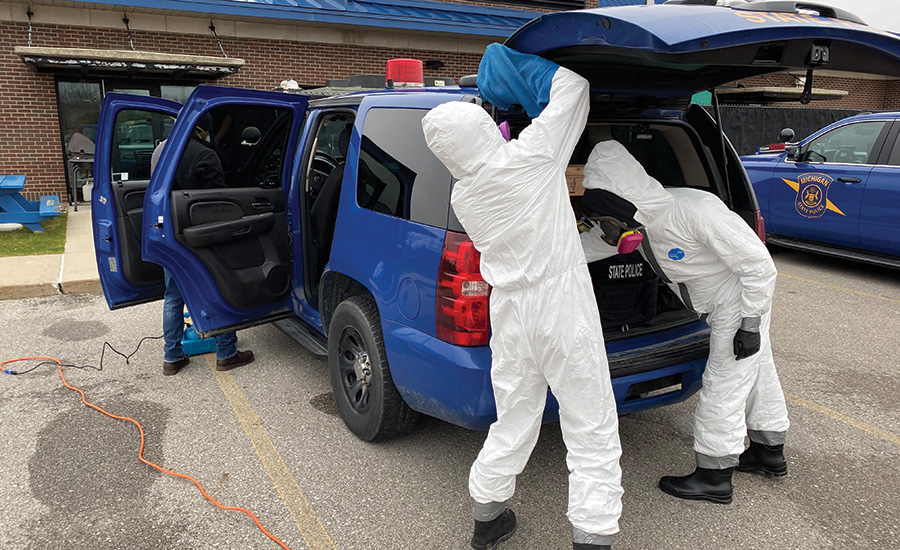
3. Do you see any negatives to your path?
Shpizear: Not really. It’s not really whether there are negatives, it’s more about whether you’re a good match for the franchise model. If there’s somebody who’s a great operator and who was able to build his own business and brand from the ground up, then he doesn’t necessarily need to be part of a franchise. We need people we can collaborate with, since that’s how we get the best results for everybody. The people who are stubborn and only want to do things their own way probably won’t be a great fit.
Humber: The biggest negative part about being an independent restoration company is that everything is on me. If we make a mistake at a home in our local area, I will see that homeowner in the grocery store and I can’t hid behind a franchised logo; I am BRC. If the company fails or goes through hardships of any kind, it is 100% on me to figure out how to get us out of it or in the case of failure not only is my personal life truly affected (i.e. house is currently collateral for my SBA loan for the purchase) but once BRC is gone, it’s gone there isn’t another one in the next county over.
Gross: One negative of being an independent company is that you are competing against companies who have very large marketing machines behind them. They make national agreements with carriers and make it very hard to compete with them on the high-volume direct writer business. Also, it is hard to help larger national clients based in your area if you can only help them with their local properties. On the flipside, franchises have to honor the competitively priced national agreements made by the mother ship and still pay high franchise fees for the opportunity, leaving them with slimmer margins.
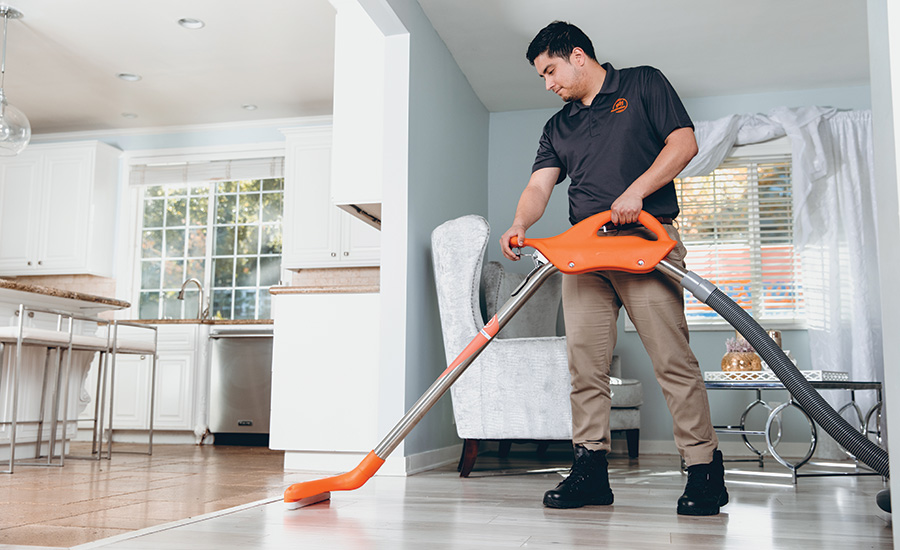
4. What sets you apart from the competition?
Shpizear: We focus on working closely with the franchisees to build their businesses. We’re the only franchise system that works very closely with the franchisees to generate leads, and we’re the only franchise that owns a marketing company. We generate leads, social media, have national accounts, everything that our franchisees need to grow into better leaders.
Humber: What sets BRC apart from others be it independent or franchises is that we had to work so much harder to get where we’re at; we started in the hole and had to bust butt to climb out. There is a passion and drive like nothing I’ve seen before amongst my team and it’s not just me who cares if we win or lose but entire group of individuals from different backgrounds with different mindsets all working on the same goals. It’s truly something remarkable.
Gross: What sets Maxons apart aside from our stellar reputation and stronghold on the Manhattan real estate market is that we focus very heavily on training and education and therefore have the most highly skilled staff of any company in our region. We also invest heavily on the things that set us apart from the competition. Our equipment is always state of the art, and our warehouse operations see to it that everything that comes in from the field is fully cleaned, sanitized, tested and wrapped to be ready for the next disaster. We are known as the “Restorers to the Rich and Famous” because we have handled some of the most exclusive properties in New York City.
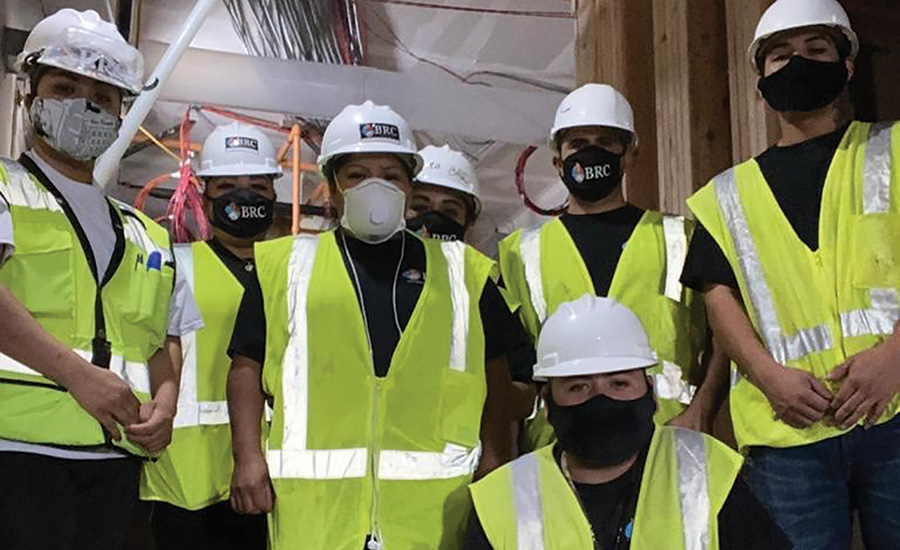
5. What do you think is the most common misconception about being part of a franchise – or being an independent company?
Shpizear: That you sign on and then don’t have to do anything. Some business owners think, I paid you all this money, now do everything for me. We give them resources, support, and guidance but they still need to do their part.
Humber: I would say that one of the few misconceptions I hear from being an independent restoration company is lack of experience. Due to the fact that franchises can advertise on a national level, they are more commonly heard about and so sometimes we have to prove our knowledge from the onset. Another one is the automatic assumption that we are the typical “mom and pop” storefront or that the company was passed down in the family and or from the spouse or that we are a brand new company and with franchised companies that generally is not a forefront thought from clients.
Gross: One of the misconceptions of independent restoration companies is that they are alone out there. I have heard franchises sell against independents by saying that if they needed more resources they can pull in their local partners or if a project was large enough bring in the national disaster response team. I laugh heartily at this joke, since most of the franchisees I know hate their local neighboring franchises and squabble over territorial lines. And what they hate even more is when the national disaster response team comes in and takes over and they lose control of the business they themselves brought in. What people don’t realize is that us independents who have invested our lives and our time into this business have far better resources available to us in times of need. Our company is part of an affiliate group who all help each other out. We have fair referral agreements to help us offer national service beyond our territories, and when disaster strikes, we are all there for each other in a big way. After Hurricane Sandy hit our area pretty hard, we had trailer-loads of equipment shipped up from the south, and van-loads of laborers came down from the north to help us scale our operations to meet the demand. Now even independent companies who are not part of our affiliate group often can tap into the organizational resources that are out there. I have attended RIA conferences since they were called ASCR conferences and the people I have met and built relationships with along the years are way more valuable to me than any franchising mother ship.
6. From your perspective, what are three things it takes to be a successful franchisor or to own an independent restoration company?
Shpizear:
- Strong culture. Companies have to stand for something, especially during this hard time in the midst of the pandemic. Our franchisees are starting to understand what the Fresh Start attitude really means.
- Ability to work closely with the franchisees to generate leads.
- Strong support system. We check in with our franchisees every two to four weeks and go over key metrics of the business to make sure our goals align. We also ask any questions they may have about the business, whether it’s about specific restoration methods or how to become better salespeople.
Humber:
- Integrity - in our industry it is so easy for people to only care about the money and not the actual building science of what we do and having integrity. Having integrity as a core value for the entire company has been one of the things that has set us apart in our local market.
- Hustle - we are always going to have to work harder than anyone else to stay on top, nothing is guaranteed and since we are not a large franchise that can depend on outside resources, we have to be prepared for anything and everything
- Dedicated Team - It is so vital to have a culture that develops a strong dedication in each individual who all care and work for the same reason. I have had this company with a bad culture and a team who we’re all not working on all cylinders and the difference is night and day.
Gross:
- Investing in training and education of your people; our industry can’t afford any more amateurs.
- The next is to know your niche and cater to it. Some companies in some regions need to be more construction-based. Others can focus more on mitigation and yet others can focus on environmental. We need to be a jack of many trades to service our clients but know what you do well and what you don’t; and bring in others to help you with the things you do not excel at.
- Networking. If you get out to restoration conferences, you will meet a wealth of people like you who care about what they do and want to help people like them do it better. Also, networking in your local market is valuable, know your competitors and befriend them, don’t badmouth them. Get to know the people in similar industries who may overlap with us in some service offerings but can be a huge resource to us when times get busy.
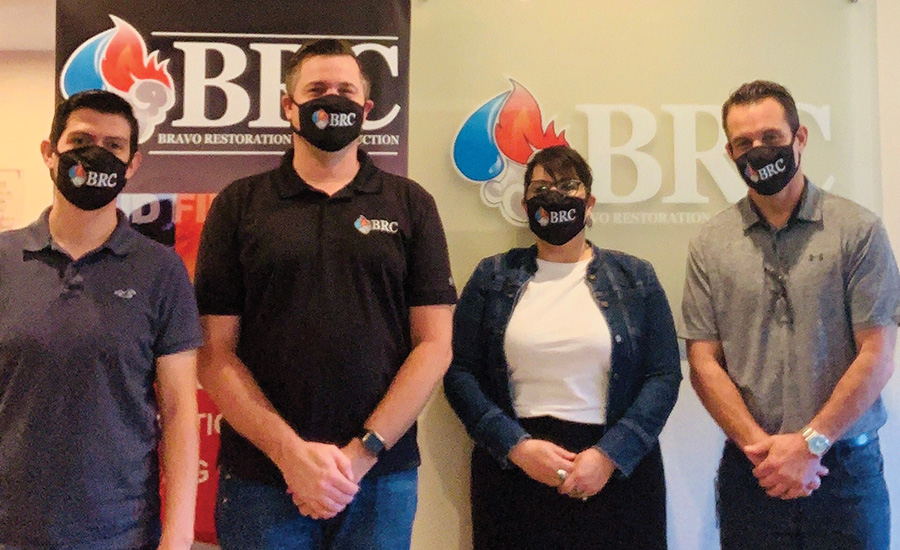
7. Anything else?
Shpizear: I wrote a book called Get Out of the Truck with the goal of helping guys in the trade live the life they always wanted. A lot of people start small businesses thinking that one day they’re going to have their own team, go on nice vacations, buy a house, but then they end up working in the truck for 40 years and never achieve the growth they wanted. We’re passionate about helping these guys because they’re service-oriented, down to earth, and care about their customers, but the problem is they’re stuck and don’t know how to take the next step in their business. Through Get Out of the Truck and with 911 Restoration, we’re really helping these guys live the life that they dreamed about.
Humber: I believe owning a company be it independent or franchise is hard work and that anyone who has the grit to do it is a rockstar. We should all be proud that we have the ability to be a leader and provider to so many people especially during times like this.
Gross: No matter what you do, you need to love it. I have heard of people who have no interest in this business but have plunked down huge money to buy franchise opportunities in key territories thinking they would have no problem building a business they know nothing about. I have personally invested 27 years of my life to this industry, it is a love-hate relationship (probably like many other industries) where you can love it one day and hate it another, but I could not imagine doing anything else. Another piece of advice I can offer is this: if you are not about helping people you are in the wrong business. Our industry exists to help people at their worst times, yes we make a living doing it, but if profit is your only motive move on, there are much easier ways to make money.



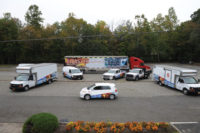
Report Abusive Comment